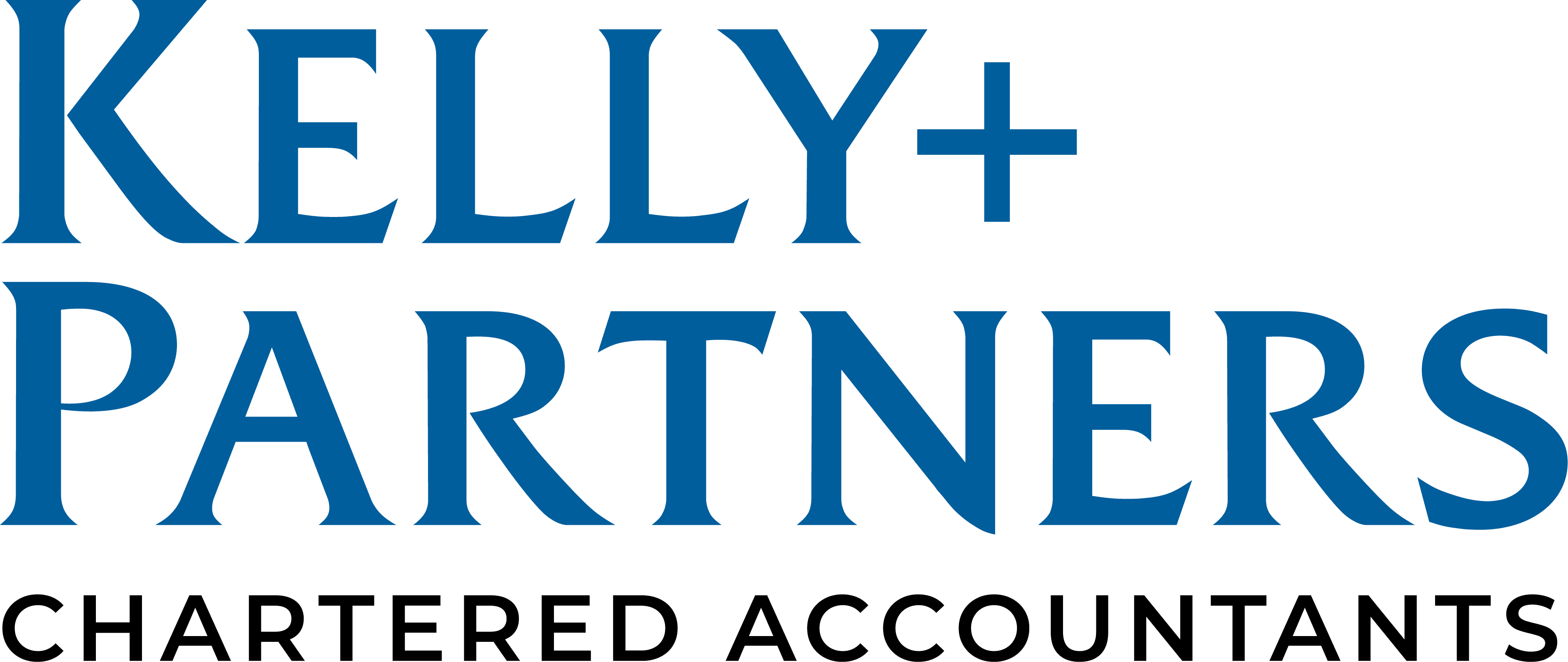Questions You Must Ask Before Buying A Business
When you're looking to buy a business it's important that you do your homework. Your research should include a detailed review of the industry, your competitors, the financial statements of the business and emerging trends that could impact operations.
This ‘due diligence’ process is designed to give you peace of mind regarding your buying decision. You can’t rely on ‘gut feel’ when investing in someone else’s business and while buying a business is an exciting time, it carries considerable risk.
While the due diligence process covers a range of issues, it all starts with a financial health check. If the business doesn’t satisfy the financial examination then it’s probably not worth investigating the other aspects. As a starting point, here are some key questions you should ask regarding the financial aspects of the business.
- Have you received and analysed the financial records for the past 3 years including balance sheets, profit and loss statements and tax returns? There is no substitute for certified copies of financial statements and never rely on statements simply generated by the vendor’s accounting software.
- Is there a list of plant and equipment plus fixtures and fittings that the owner intends to sell and where has the valuation come from for these items? Are any of the items under finance agreements or contracts?
- Details of any stock being sold with the business and the valuation method. How will it be counted and valued at settlement?
- Do sales and purchase records reconcile to bank statements? Have the records been well kept? Are the total sales broken down by product or service line?
- Does the business have potential for growth and if so, what is your plan to turn that potential into profit? Can you increase sales with the current resources?
- Based on past financial results, have you done a future cash flow projecti
 on and profit forecast? What is the break-even point and are profits adequate to warrant the risk of buying?
on and profit forecast? What is the break-even point and are profits adequate to warrant the risk of buying?
- What are the sales patterns year-by-year and month-by-month? Is there a seasonal pattern? What is the sales mix (the ratio of each product sold to total sales)?
- Do a small percentage of clients represent a large percentage of sales?
- Are there any one-off sales that won’t be recurring? What is the impact on profit?
- Are you buying the accounts receivable/debtors? If so, do you have an aged listing of them?
- Has the existing owner received any pre-payments (e.g. deposits) that they should turn over to you at settlement?
These questions are really just the tip of the iceberg and every business is different. Before you start negotiating with the vendor we urge you to consult with us regarding the financial statements and additional questions you need to ask the vendor.
Click HERE to download the full edition of The Business Accelerator Magazine for December 2017.
Other articles in this edition:
- 4 Website Essentials if You Want To Grow Your Business in 2018
- The Warning Signs of a Cash Flow Crisis Revealed
- Accounting for Airbnb
- 4 Ways to Protect Your Business Against Cyber Threats
- ATO Warns of a Crackdown on GST, FBT and Ride-Sharing Industries (e.g. Uber)
- Do You Need a Dot Com or a Dot Com AU Domain Name?
- Beware Business Name Renewal Emails











